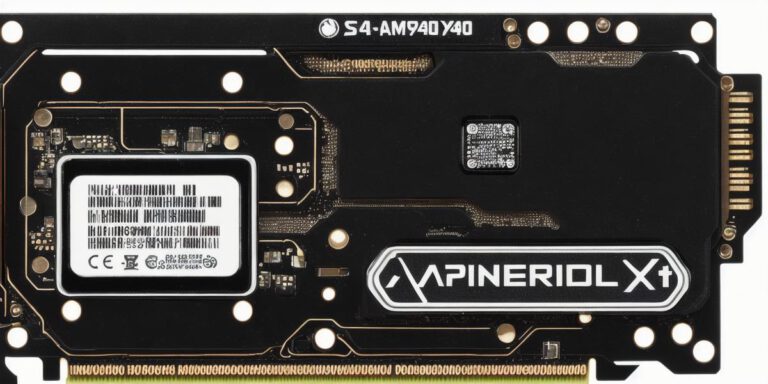Protecting Your Private Email Server: Security Considerations for Programmers

Introduction:
In today’s digital age, email has become an essential tool for communication and collaboration. For programmers, it’s crucial to have a private email server that provides robust security features to safeguard sensitive information. In this article, we will discuss the security considerations that you should take into account when setting up your private email server, as well as case studies and real-life examples that illustrate the importance of security in protecting your data.
Heading 1: The Importance of Email Security
Email has become an integral part of our daily lives, and it’s not just our personal information that we need to protect. As a programmer, you often handle sensitive data, such as source code, intellectual property, and client information. If your email server is compromised, this could result in serious consequences, such as loss of valuable data, reputational damage, and even legal action. Therefore, it’s essential to take steps to secure your email server and protect your data from cyber threats.
Heading 2: Security Features to Consider
When setting up your private email server, there are several security features that you should consider, including:
- Encryption: This is a crucial security measure that ensures the confidentiality of your emails. You can use end-to-end encryption or transport layer security (TLS) encryption to protect your data from unauthorized access.
- Firewall Protection: A firewall is essential to prevent unauthorized access to your email server. You should configure your firewall to allow only legitimate traffic and block any suspicious activity.
- Access Controls: Access controls ensure that only authorized users have access to your email server. This includes setting up strong passwords, using two-factor authentication, and limiting login attempts.
- Data Backup: Regular data backup is essential to protect against data loss due to hardware failures or cyber attacks. You should configure your email server to automatically back up your data regularly.
- Security Audits: Regular security audits are crucial to identify any vulnerabilities in your email server and take corrective measures to mitigate them.
Case Study: Google’s G Suite for Email Security
Google’s G Suite is a popular choice for private email servers due to its robust security features. Here are some of the security features that make G Suite an excellent choice for programmers:
- End-to-end encryption: G Suite uses end-to-end encryption for all emails, which ensures that only the sender and recipient can read the message.
- Two-factor authentication: G Suite requires users to enable two-factor authentication, which adds an extra layer of security to prevent unauthorized access.
- Security audits: G Suite provides regular security audits and alerts to identify any vulnerabilities in your email server and take corrective measures.
Conclusion:
In conclusion, email security is essential for programmers who handle sensitive data. When setting up your private email server, you should consider several security features, including encryption, firewall protection, access controls, data backup, and security audits. Google’s G Suite is a popular choice for private email servers due to its robust security features, such as end-to-end encryption, two-factor authentication, and regular security audits. Remember to take the necessary steps to secure your email server and protect your data from cyber threats.








